Palestinians commemorate Nakba Day
Palestinians around the world are commemorating Nakba Day, the day in which Israel and the United Nations committed the Palestinian people to a homeless diaspora and struggle against increasing Israeli violence and racist persecution of their rights. Palestine Solidarity Campaign is presenting a week of events to commemorate and honor Palestinian rights
Releases from various groups honoring Nakba Day
From the Palestine Solidarity Campaign:
Today, in Palestine and around the world, we mark Nakba Day.
The consequences of the expulsion of 750,000 people from their homes echoes down the decades. Today, there are 7 million Palestinian refugees – a staggering number.
Israel’s colonisation of the West Bank and East Jerusalem continues. Palestinians are losing their homes and lands as settlements expand. They suffer from a restriction on their freedom of movement and a policy of mass incarceration. Palestinians living as citizens of Israel continue to be denied the right to live as equal citizens. Only last week, the Knesset approved a new law which states clearly that only Jewish citizens of Israel have the right to self determination.
On the 69th anniversary of Nakba Day, Palestinian prisoners enter their 29th day of the hunger strike, led by Marwan Barghouti. Showing solidarity in the UK is more important than ever. Join us at the dozens of ‘From Balfour to the Nakba’ activities taking place across the country from London to Liverpool and Bristol to Birmingham. This includes a variety of protests, vigils, talks, information stalls, film screenings, plays, concerts and more.
Click here for more information.
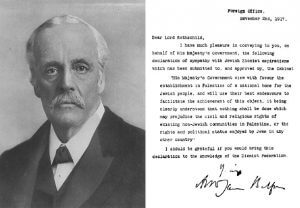
Background
Every year Palestinians mark the Nakba – “catastrophe” in English – when in 1948 around 750,000 Palestinians were forcibly expelled from their homes during the creation of the state of Israel. 500 villages were destroyed in a premeditated campaign, and their inhabitants never allowed to return. Zionist militias, who later became the “Israel Defence Forces” (IDF), committed massacres in the villages of Deir Yassin, Lydda, Tantura and dozens of other Palestinian communities.
The Nakba came just thirty years after the Balfour Declaration, when British Foreign Minister Arthur Balfour wrote to the Zionist movement pledging UK government support for a Jewish state in Palestine. The declaration famously stated that “nothing shall be done which may prejudice the civil and religious rights of existing non-Jewish communities in Palestine”. The existing ‘non-Jewish communities’ were the Palestinians. They constituted 94% of the population, and were not consulted when their land was given away. This was a typically colonial British act of the time.
The Declaration began the process where one group of people (the British) pledged the land belonging to a second group (the Palestinians) to a third group of people (the Jewish people). The British Mandate followed (1922–1947) with the bloody suppression of the Palestinian campaign for self-determination. The Nakba of 1948 was a direct consequence of British policies.
A critical understanding of the Nakba is essential as it continues to shape Palestinians’ experiences. Palestinian society was all but destroyed, with refugees scattered around neighbouring states and across the world. The ethnic cleansing never ended, and continues today, with hundreds of Palestinians losing their homes due to Israel’s demolition policies in Occupied East Jerusalem and the West Bank, and the Palestinian Bedouin suffering repeated dispossession and displacement in the Naqab/Negev desert in Israel.
Israel continues to deny Palestinians their fundamental rights, including, crucially, the right of return. While Israel’s Law of Return entitles automatic citizenship to Jewish people born anywhere in the world, Palestinian refugees are denied the right to return to their homes and land, from which they were expelled.
Millions of Palestinians live in refugee camps in Israel’s neighbouring countries, and the occupied Palestinian territory, with many having been made refugees two or more times. Many Palestinians in the besieged Gaza Strip are refugees from the ethnic cleansing of 1948. Palestinian citizens of Israel (the minority who remained following the ethnic cleansing of 1948) are today subjected to dozens of discriminatory laws and other forms of systematic racism.
The weak point of our position is of course that in the case of Palestine we deliberately and rightly decline to accept the principle of self-determination.
Well over half a million Jewish Israeli settlers continue to colonise Palestinian land in the occupied West Bank, with settlement expansion rising dramatically under the Netanyahu government. These illegal settlements displace Palestinians, cutting them off from their land, monopolising scarce water resources and subjecting them to frequent attacks from armed settlers, who are protected by the Israeli forces.
The ongoing centrality of the Nakba to the Palestinian struggle was underlined by a 2016 Pew poll, which found that almost half of Jewish Israelis believe Palestinian citizens of Israel should be expelled. Israel continues to deny the historical facts of the Nakba through every legal, cultural, and political means possible.
Join us to commemorate the Nakba around the country and say ‘no more’.
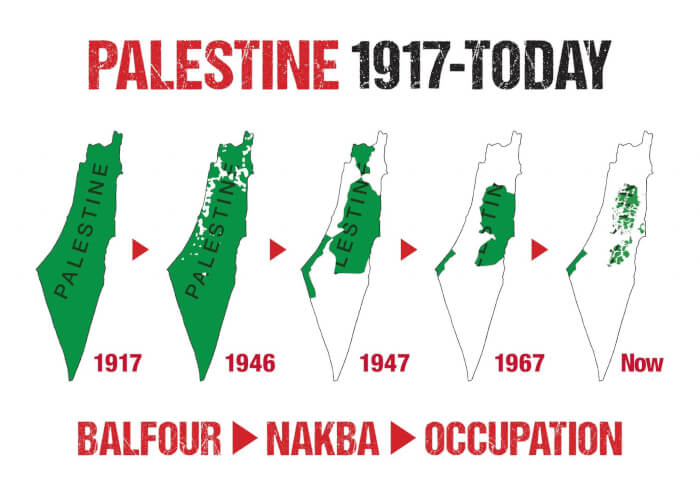
Jewish Voice for Peace Executive Director Rebecca Vilkomerson released the following statement:
I joined JVP in 2001, jarred by the second intifada into finally beginning to face the full truth of Israel’s history. Within a few months of joining, I had become comfortable speaking publicly as a Jewish person against the 1967 occupation, and proudly wore our t-shirts saying so into the streets.
At the first JVP retreat I attended, Dr. Joel Beinin gave a lecture about the Nakba (Arabic for “catastrophe”)– the destruction of more than 450 Palestinian villages and expulsion of over 750,000 people that was part and parcel of the establishment of Israel.
I thought I had already learned so much– but I am ashamed to admit now that I had never heard about the Nakba before (even though it has been well documented by Palestinian and other sources). In one evening, my understanding of the deep roots of Palestinian dispossession at the hands of Israel– far beyond the 1967 occupation– had vastly expanded.
I have continued to learn ever since, and now understand that there is an ongoing Nakba that has never ended. Every time a Palestinian home is demolished, Gaza is attacked, a refugee attempts to return even for a visit and is denied, or a Bedouin village is destroyed, the Nakba continues.
69 years after the founding of Israel, 50 years since the occupation, on the 29th day of the hunger strike of Palestinian prisoners for their most basic and fundamental rights, and one week before Trump’s first visit to Israel as President– our responsibility to educate ourselves and our communities, most especially Jewish communities, about the Nakba are clearer than ever.
Confronting the Nakba is not optional. Because working for a truly just peace without addressing it is impossible.
One year ago, the Facing the Nakba project, created in 2010, became part of JVP. Thanks to this project– which drew from the pioneering work of the Israeli organization Zochrot and its close partnership with Badil Resource Center for Palestinian Residency and Refugee Rights– we now have a seven session curriculum and a wealth of resources to share with members, chapters, and for local events specifically for Jewish communities to face the lessons of the Nakba– and more importantly, to take action.
Two of JVP’s six guiding principles are “the capacity for people to change” and “solidarity and accountability.” Learning about the Nakba, and doing our work from that understanding, are ways of embodying these principles.
Our responsibility is to make sure political education happens as fast as possible in Jewish communities. We cannot ask Palestinians for even more patience as we get organized.
I hope that on this particularly significant Nakba Day, you will make your own commitment to education and action– for yourselves and others– by becoming a member of JVP. It’s not enough simply to learn observe, and mourn. We also have to act– together.
With memory and hope,
Rebecca

Rebecca Vilkomerson
Executive Director
If you haven’t already, please take a moment to join or renew your JVP membership today. We can’t change how long it takes us to learn what we weren’t taught, but we can take responsibility for helping shape a just future.
American Human Rights Commission issued the following Statement:
AHRC commemorates May 15, Nakba day: The American Human Rights Council (AHRC-USA) commemorates May 15, 2017; the anniversary of the Palestinian catastrophe, the Nakba.


- Israelisnipers shooting and killing hospital workers in Gaza - December 11, 2023
- CAIR Condemns Israeli Executions of Wounded, Unarmed Palestinian in West Bank - December 11, 2023
- Arab and Muslim American voters face a “simple choice” between Biden’s inhumanity and Trump’s edgy politics - December 9, 2023













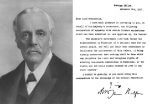

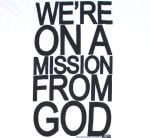



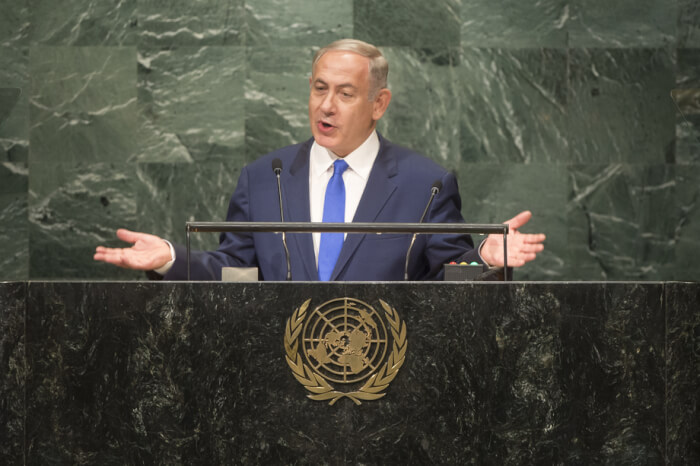




More on the Nakba from the Rachel Corrie Foundation:
Statement on the 69th Nakba Day
Monday, May 15, 2017, marks the 69th commemoration of the Palestinian Nakba (catastrophe) of 1948. The date commemorates the period between 1947-1949 when Palestinian villages were destroyed and more than 750,000 Palestinians were forcibly displaced and transferred by Zionist armed forces. Israeli historians like Benny Morris refer to this event that was the foundation for the Israeli state as “necessary,” stating that “There was no choice but to expel that population.” Other Israeli historians like Ilan Pappe refute this necessity and call it an intentional plan of “ethnic cleansing” and “apartheid.”
Rallies and demonstrations took place today throughout Palestine where several people were injured by Israeli forces.
Ongoing Nakba
The Israeli state has never taken responsibility for this foundational illegal and ethically outrageous act. Today, 6.6 million Palestinian refugees and their descendants are denied their Right of Return, a fundamental principle of international human rights and humanitarian law. Furthermore, the Nakba did not end 69 years ago, but continued in episodic waves. Israeli practices during the 1967 War produced the forcible displacement of 130,000 Palestinians in the West Bank and Gaza Strip. Today, the displacement of Palestinians operates through consistent attacks and pressures targeting communities like Palestinian citizens of Israel in the Naqab (Negev) and Palestinian residents of the West Bank. The precarious position of Palestinian refugees throughout the Middle East puts them at greater risk for multiple displacement in countries like Syria.
Hunger Strikes
Today, Nakba Day, is also the 29th day of a mass hunger strike waged by more than 1,000 Palestinian political prisoners held in Israeli jails.The hunger strikers are facing serious health conditions. Their strike demands basic human rights and decent treatment in Israeli jails. They also demand an end to the illegal policy and practice of administrative detention through which Palestinian prisoners are held indefinitely in captivity without charge or trial. Israel has imprisoned an estimated one million Palestinians since 1948.
Return is the Foundation for Peace and Justice
No matter their location, Palestinians face pressures of discrimination, expulsion and violence by the Israeli state. The majority of Palestinians are themselves displaced or are descendants of displaced persons. Thus, on the 69th Nakba Day, we continue to affirm in the strongest manner possible the legal, moral and political necessity of implementing the Right of Return according to UNGA 194 for every Palestinian refugee and without stipulation. The status quo has further entrenched the ongoing Nakba and the violation of all people in Palestine. The international community’s deep entanglement in creating and maintaining this status quo is especially notable in 2017, when we will also mark the 100-year-anniversary of the 1917 Balfour Declaration and the 50-year-anniversary of the 1967 Occupation of the West Bank and Gaza Strip. Ending ongoing displacement and implementing the right of return are the building blocks to addressing the daily and structural inequalities that exist and achieving justice.
#HungerStrike #DignityStrike #OngoingNakba #Nakba